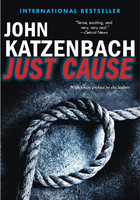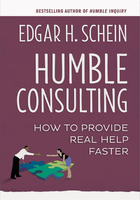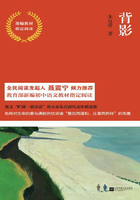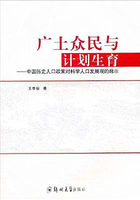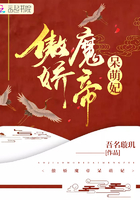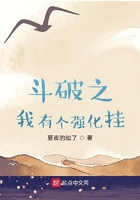THE SEEDS OF THIS STORY LAY DORMANT FOR six months in my in-box-one of those e-mails I never found time to read. How was I to know that a paper my cousin wrote for nursing school would change my life forever?
The paper mentioned seventy-nine American military nurses captured by the Japanese in World War II. Astounding! Why hadn't I learned about these women in school? I started research on the prisoner-of-war (POW) nurses that very day.
American women today routinely shipped out to war zones in Iraq and Afghanistan. But the Army and Navy nurses in the Philippines in 1941 never expected to see battle. They learned nursing under fire when the Japanese attacked the Philippines shortly after bombing Pearl Harbor. They treated thousands of wounded soldiers and civilians in jury-rigged jungle hospitals. When forced to surrender, they stuck together and continued to nurse the sick, the wounded, and the dying. The courage and strength of these women kept them alive through three years of isolation, disease, and starvation. How did they do it? This question impelled my research. The answers became this book.
When I started writing this story, only one of the POW nurses remained alive, Mildred Dalton Manning. Interviewing Millie, along with the sons and daughters of a number of other nurses, brought this story alive for me in a way that the facts and photos could not. The week I polished the final draft, I was greatly saddened to receive the news that Millie had died. She was ninety-nine. The pure grit of Millie and her sister POW nurses has inspired me to act with more courage and resilience in my own life.
American nurses were deployed to the Philippines in the 1930s and '40s to staff hospitals at American Army forts, airfields, and a Navy base. The U.S. military established a presence there at the end of the Spanish-American War in 1898, when the Philippines became a U.S. territory. The islands provided a strategic foothold in East Asia to protect U.S. interests. Of particular value was Manila Bay. It was one of the finest deepwater harbors in the South Pacific and lay protected by the Bataan Peninsula.
As early as 1903, U.S. Army and Navy "brass" had rolled up their sleeves and developed war plans in case of a conflict with Japan. U.S. defense strategists continued to update these plans over the next twenty years. As Japan modernized its weapons and military tactics, forging the Imperial Army and Navy into a swift, ruthless machine, the plan came to be called War Plan Orange (WPO).
When Japan launched a series of invasions in the 1930s and took over Korea, Manchuria, and parts of Russia and China, high-level U.S. military men studied every imaginable scenario of war with Japan, including a sneak air attack on Pearl Harbor and a surprise naval strike on Manila Harbor. In any case, they concluded that a long, costly war would be required to defeat Japan and that the Philippines would be an early casualty in such a conflict.
During the 1920s and '30s the American people had no interest in fighting a war of any kind, having just waged a massive conflict in Europe (World War I, 1914–1918). Neither could the country sustain wartime spending. In the 1920s the U.S. had slashed its military budget for manpower and production, and the Great (economic) Depression in the 1930s necessitated further budget cuts.
American military leaders, though, continued to worry about defense of the Philippines. In 1941 they completed one last war-plan revision, WPO-3. It concentrated a joint Filipino-American Army on Luzon, the largest of the islands. The U.S. War Department sent General Douglas MacArthur to Manila to train and command the newly named U.S. Army Forces in the Far East.
WPO-3 directed MacArthur to protect Manila Bay, and if that failed, withdraw his forces to the Bataan Peninsula and hold out until reinforcements arrived. Most U.S. Navy ships would remain docked on America's West Coast or Hawaii, from which they would be deployed if Japan attacked the Philippines. WPO-3 said nothing about what would happen if defenses on Luzon crumbled before U.S. reinforcements arrived. It made no provision for backing up or rescuing American soldiers in the Philippines. It made no mention of Army or Navy nurses.
This plan was known only to a select group in the War Department and President Franklin Roosevelt. Military nurses knew nothing of WPO-3, but in 1941 there were signs of trouble. That spring the Army and Navy evacuated all families of personnel in the Philippines. The number of ships arriving in Manila with fighting men and military supplies more than tripled, and twice the number of Army nurses debarked, some coming on transports carrying tanks in the holds. In July MacArthur started to beef up training of Filipino soldiers. He believed that the Japanese might attack the islands as early as that coming April.
But this is not the story of generals, soldiers, or military strategists. This is the story of American military women serving in the Philippines when the Japanese attacked the islands on December 8, 1941. This is the story of the first large group of American women sent into combat and how they rose to the duty to which they were called.

